General Provisions
(Please see discussion.)
Section 1. No law shall be established that limits who can own property.
Section 2. No law shall be established designating a national language. However, given that this Constitution is originally written in English, English is hereby designated as the language of government. As such, English shall also be used in court proceedings, legislative proceedings, and other government functions. English shall be the medium of instruction in public schools.


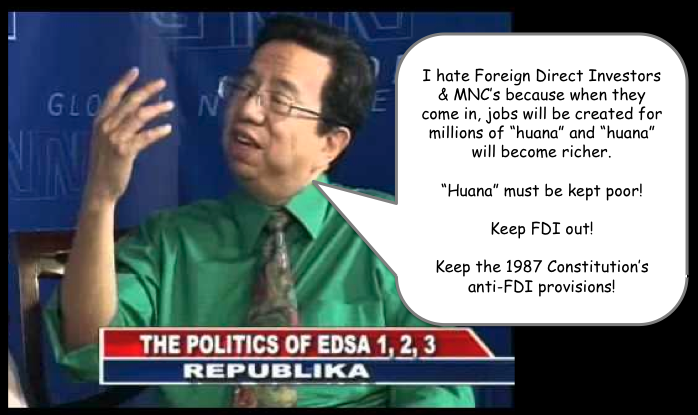
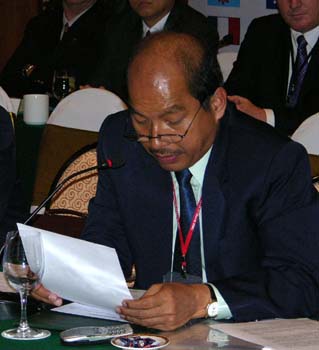
 I believe: This is a CoRRECT™ Video with a very positive message
I believe: This is a CoRRECT™ Video with a very positive message Walang Natira: Gloc-9's MTV Rap about the OFW Phenomenon
Walang Natira: Gloc-9's MTV Rap about the OFW Phenomenon








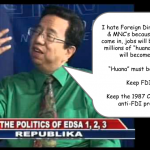




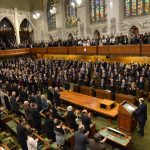
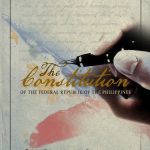
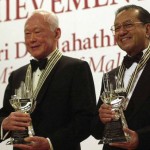










Section 1 has two main problems: 1) what is a monopoly? It has to be precisely defined in order for this provision to be enforceable. Even if monopoly is defined, this section still has problem 2) which is that it grants power to the government to control “monopolies” where no power should be granted. Only the government can create a monopoly: it is very difficult, if not impossible, to establish and maintain for some time a monopoly in the free market. Finally, 3) this provision can be used by the government to subvert the free press. If we really want to enhance the free press, we can’t use the government to do that. The Internet is already here, for example, to democratize access to information. We should instead deregulate the establishment of Internet access points all over the country. I would rewrite this section to read: “No law shall be established that allows the government to control the Internet and the free press in any manner.” But this is in essence already in the Bill of Rights. We should probably modify it there to read “all media including the Internet”, instead of Ag”free press”.
Section 2 Again, because of lack of precise definitions, this section is either unenforceable or gives the government too much power. What is “the public interest”? The public interest for one group may not be the same public interest for another. Same goes with the term “general welfare”. Whenever we see these terms in a constitution, we are only giving the government too much power. Please read the second part of the Preamble. This section should be removed.
Section 3. “Unless defined by law” gives too much leeway to the lawmakers such that they can negate the whole purpose of this section. How about “No law shall be established that limits who can own property.”
Section 4. How about “No law shall be established designating a national language. However, given that this Constitution is originally written in English, English is hereby designated as the language of government. As such, English shall also be used in court proceedings, legislative proceedings, and other government functions. English shall be the medium of instruction in public schools.”
I’ve revised the general provisions article per Carlos’ request. Previous sections 1 and 2 are either removed from the proposed constitution or [to be] moved to relevant parts.
I think that we should import some general provisions from the 1987 Constitution. Here are my thoughts:
Section 1 of the old constitution is a briefer version of Chapter 1 Section 4 of the Flag and Heraldic Code of the Philippines (1989). We can keep Section 2 but Sections 3-8 need minor rewording [if needed]. Section 9 is already embodied in the Consumer Act of the Philippines (1992). Don’t know what to do with Sections 10 and 12 but as far as I know, Section 11 is as good as gone. And we may have to add new provisions if necessary.
Section 2 re National Language seems so wrong. I concur with the idea of having the English and Filipino languages as our national languages, and so both MAY be used for government transactions, court proceedings, etc. However, so as not to undermine other existing languages (e.g. Cebuano, Hiligaynon), the State must promote other existing languages and allow local governments to adopt and use the same in their own transactions, etc.